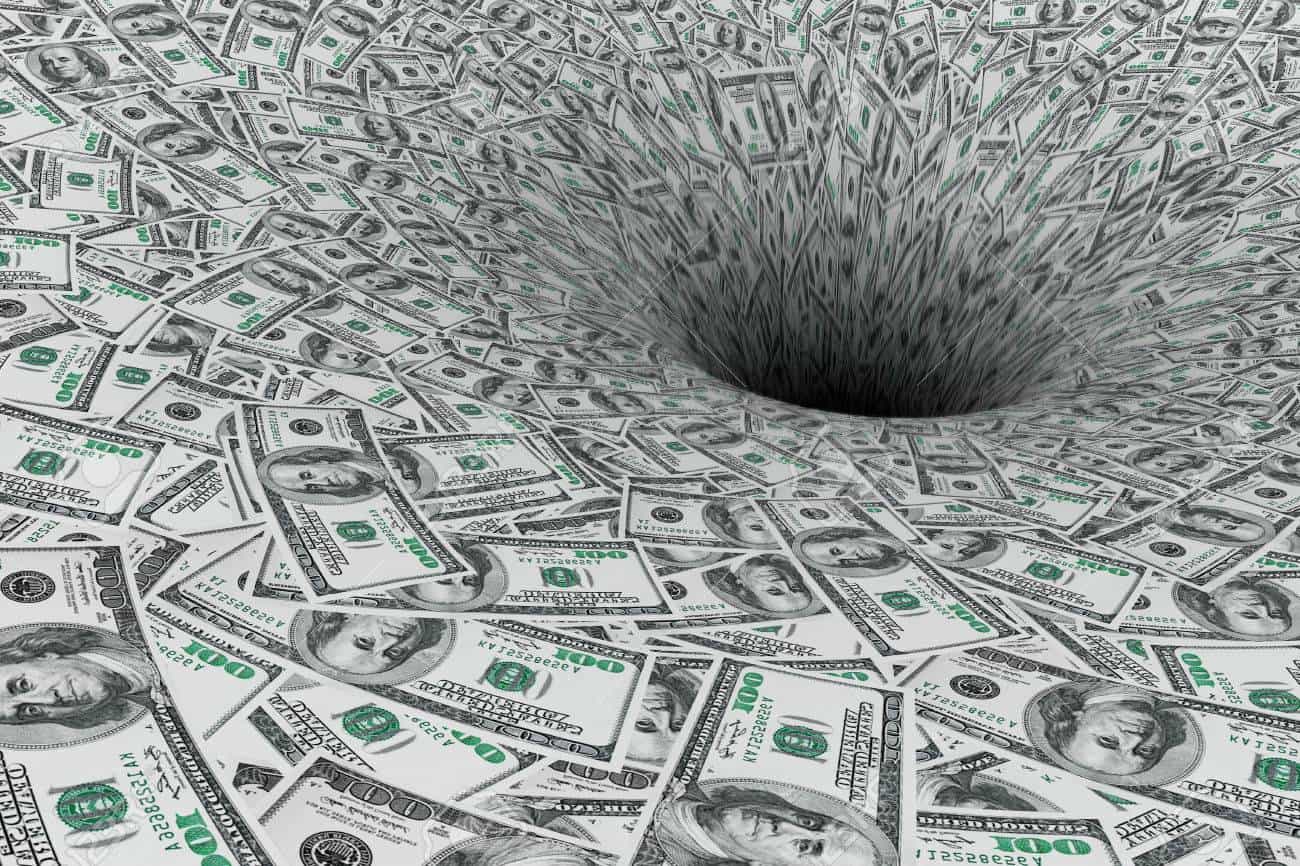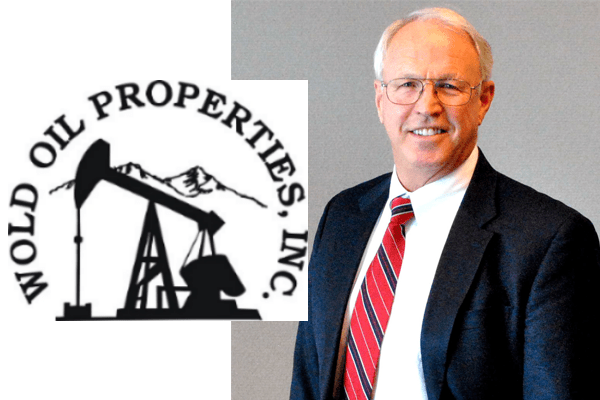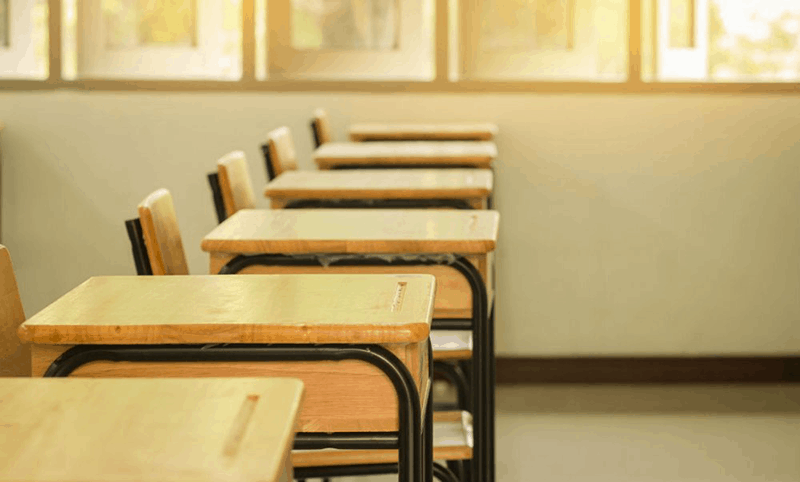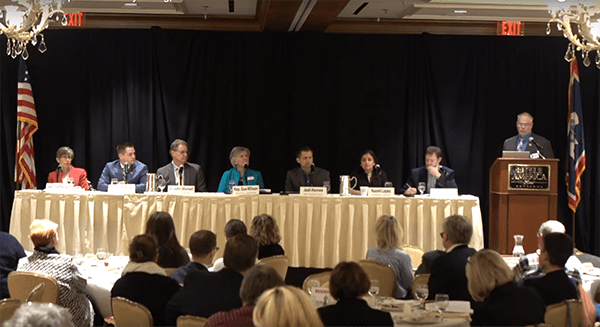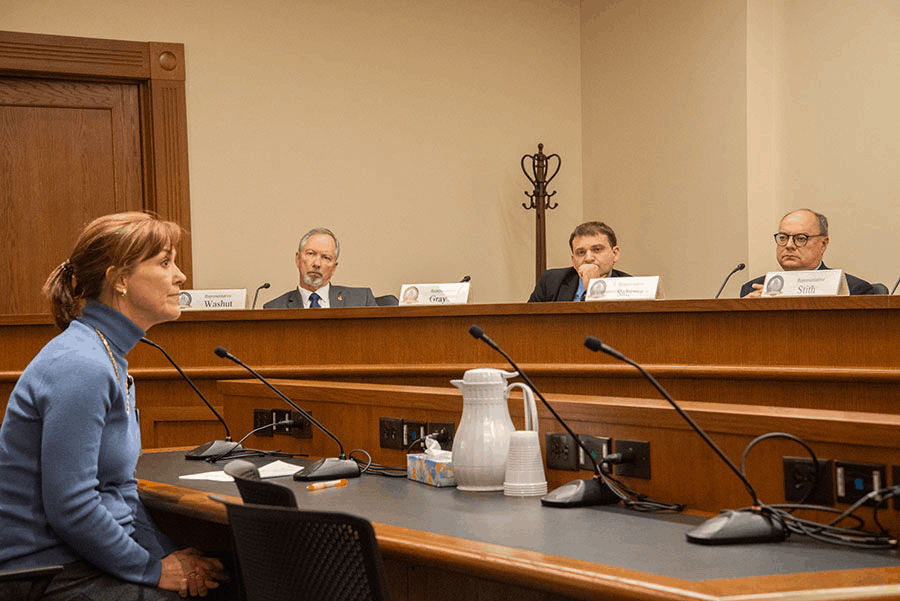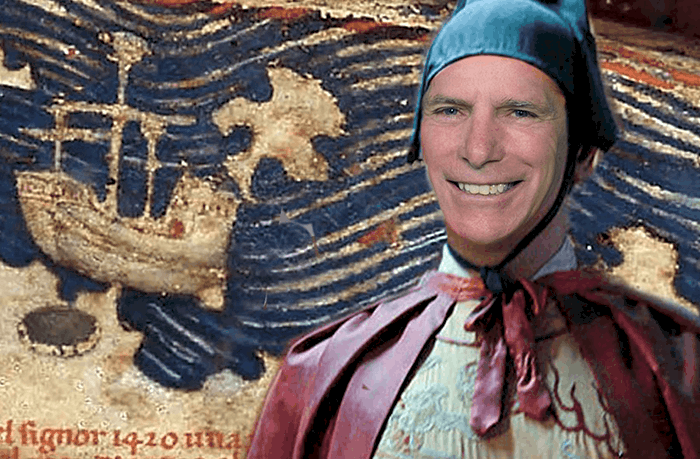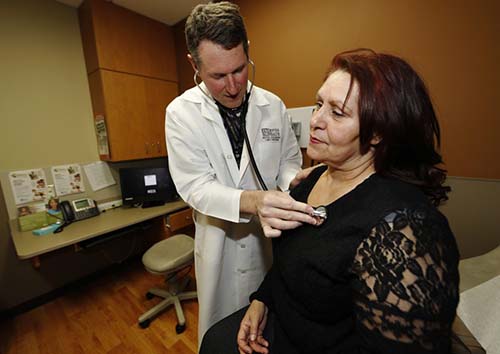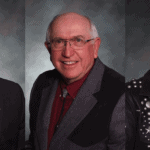Wyoming House kills bill to create new school funding source, will instead spend state savings
The Wyoming Legislature on Friday allowed the deadline for bill introductions to pass without considering House Bill 64, a proposed corporate income tax. The tax would have targeted huge corporations like Walmart to help pay for Wyoming public schools.
There was no vote, no discussion, no nothing. They simply didn’t bring it up it, and now it’s dead.
The National Corporate Profit Recapture Act was sponsored by the Legislature’s Joint Revenue Committee. It was one of the few bills put forth by that committee this year that would have actually raised revenues to make up for the roughly $500 million per year Wyoming is losing from the coal industry’s decline.
Wyoming has for decades depended on mineral taxes from the coal industry to pay for public education. Despite that revenue source rapidly disappearing, lawmakers refuse to find any kind of replacement.
That’s because new revenues would mean new taxes. And despite the proposed corporate tax being carefully crafted to affect only huge, out-of-state companies and spare Wyoming consumers and the state economy, it was still a tax.
That was enough to spook legislators and spell its death.
Spending down our savings
Most Wyoming legislators are afraid of the short-term political consequences of supporting taxes.
So, instead of responsibly making sure the state is bringing in enough money to support education, lawmakers are opting instead to spend down the state’s savings accounts.
At this rate, the state’s Rainy Day Fund will decrease by 65 percent in less than a decade.
The draft budget currently under consideration by the Legislature includes nearly $225 million that it will “borrow” from the state’s savings accounts to pay for public schools over the next two years.
Previous Legislatures had grown Wyoming’s Legislative Stabilization Reserve Account—better known as the “Rainy Day Fund”—to $1.8 billion in 2015. But with each budget session that passes without new revenues to replace coal’s losses, that pile of gold shrinks.
Don Richards, co-chairman of Wyoming’s Consensus Revenue Estimating Group, which tracks and forecasts the state’s finances, told the Legislature’s Joint Appropriations Committee earlier this month that the fund could drop to as low as $630 million by the 2023 – 24 biennium.
That would amount to a 65 percent decrease to the Rainy Day Fund in less than a decade, with little hope of a coal rebound to help replenish it.
A carefully crafted bill
Tax reform proponents in Wyoming praised the Corporate Profit Recapture Act, noting its careful consideration of the complex landscape of corporate taxation and Wyoming’s unique constitutional provision would govern any income tax adopted in the state.
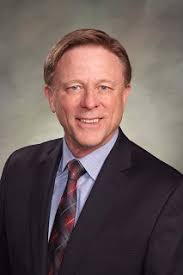
Rep. Jerry Obermueller
Rep. Jerry Obermueller (R-Casper), a retired Certified Public Accountant, has lengthy experience in the field of corporate taxes. He crafted the bill over the course of years with the input of several national tax policy groups, including the right-leaning Tax Foundation and the left-leaning Center for Budget and Policy Priorities.
A previous version of Obermueller’s bill passed the House during the Legislature’s 2019 general session with the support of entirety of the Legislature’s leadership. It was held back in a Senate committee after it became clear that the bill lacked the votes in the full Senate to pass.
Reworked and revamped, Obermueller successfully lobbied the Legislature’s Joint Revenue Committee to agree to sponsor the bill during the 2020 session. Among those voicing encouragement for bill was Peter Wold, president of Wold Oil Properties, one of the state’s major oil producers.
Obermueller told the Casper Star-Tribune after today’s decision not to introduce the bill that he’s willing to continue to work toward its passage.
“The timing isn’t right this session,” he said.
Wyoming’s future is Kansas
The decision whether or to not present HB-64 for introduction belonged to House leadership, including Speaker of the House Steve Harshman (R-Casper), House Majority Floor Leader Eric Barlow (R-Gillette), and House Speaker Pro Tempore Albert Sommers (R-Pinedale).
“If we don’t invest in our kids, we’re not going to invest in anything in this state.”
All three men are generally supportive of funding education. Harshman, in particular, has played a pivotal role in protecting school funding from his colleagues in the Senate.
At a meeting of the Legislature’s Joint Revenue Committee last fall, Sommers spoke in support of an External Cost Adjustment that would allow Wyoming school districts to give teachers cost-of-living raises.
“If we don’t invest in our kids, we’re not going to invest in anything in this state,” Sommers said.
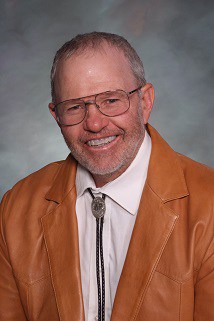
Rep. Albert Sommers
But Sommers has also said that he doubts the Wyoming Legislature will raise any significant new taxes until it has completely spent down its savings accounts.
If that’s the case, Wyoming doesn’t need to look into a crystal ball to see its future. We only need to look a little ways off, to the southeast, at Kansas.
There, years of cutting taxes and cutting education funding eventually caused so much discontent among the conservative state’s population that they revolted, elected a Democratic governor, expanded Medicaid, raised taxes, and increased education funding.
This sounds like a fine outcome, but people in Kansas experienced a lot of pain to get there.
With the rejection of proposals like HB-64, it seems as though Wyoming’s leaders are intent on making us feel that pain before doing the right thing, too.


